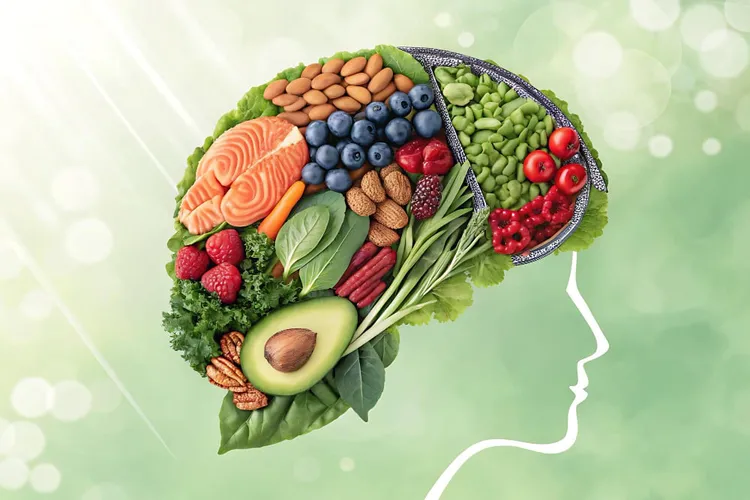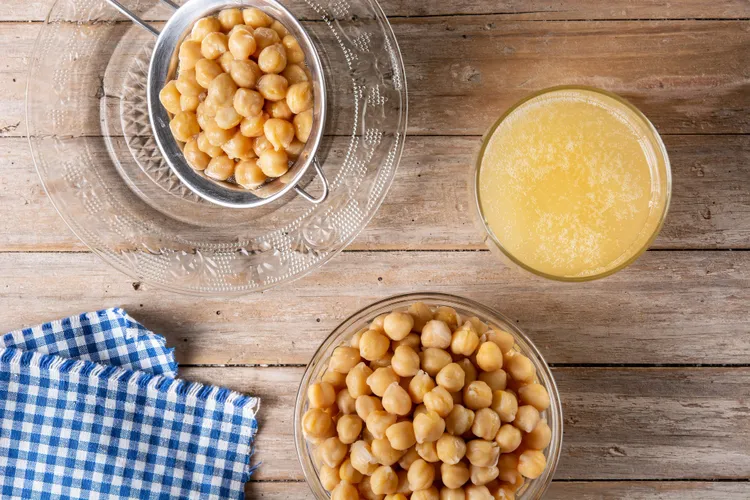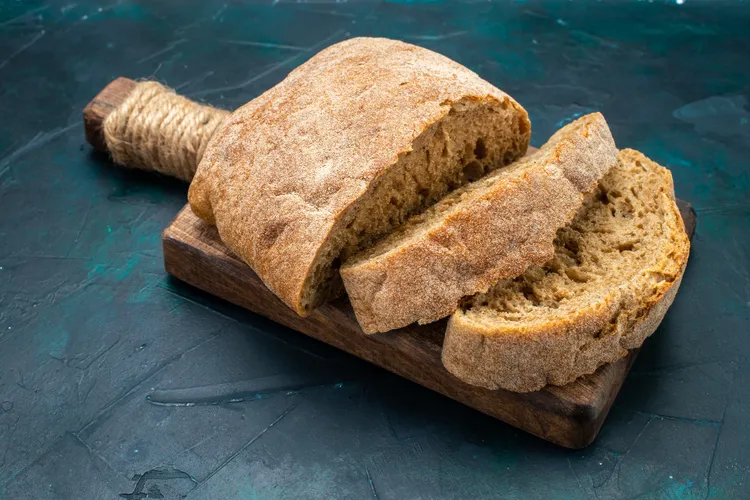Healthy Brain Foods: Fueling Cognitive Function and Mental Clarity
In an era where mental sharpness and emotional resilience are more critical than ever, the food we eat plays a pivotal role in supporting brain health. The brain, a powerhouse that consumes about 20% of the body’s energy, thrives on specific nutrients to enhance cognitive function, improve memory, boost focus, and promote mental clarity. By choosing the right foods, you can fuel your brain for optimal performance while protecting it against age-related decline and mental health challenges.

Why Food Matters for Brain Health
The brain is an intricate organ that relies on a steady supply of nutrients to function at its best. From supporting neuron communication to reducing inflammation, the foods we consume directly impact cognitive processes like memory, attention, and problem-solving. Here’s why diet is crucial for brain health:
- Energy Supply: The brain requires glucose and other nutrients for energy, but it thrives on steady, high-quality sources rather than sugary spikes.
- Neuroprotection: Certain foods contain antioxidants and anti-inflammatory compounds that protect brain cells from oxidative stress and damage.
- Neuroplasticity: Nutrients like omega-3 fatty acids and B vitamins support the brain’s ability to form new connections, essential for learning and memory.
- Mood Regulation: Foods rich in specific nutrients, like magnesium or tryptophan, influence neurotransmitter production, affecting mood and emotional well-being.
- Long-Term Health: A brain-healthy diet reduces the risk of neurodegenerative diseases like Alzheimer’s and dementia, as evidenced by studies like those from the MIND diet (a hybrid of Mediterranean and DASH diets).
Research, such as a 2020 study in Nature Reviews Neuroscience, shows that diet impacts cognitive function across the lifespan, from childhood development to aging. By prioritizing brain-boosting foods, you can enhance mental clarity, improve focus, and build resilience against stress.
The Science of Brain-Boosting Nutrients
To understand which foods fuel the brain, let’s break down the key nutrients that support cognitive function and mental clarity:
- Omega-3 Fatty Acids: Found in fatty fish and nuts, omega-3s (DHA and EPA) are critical for brain cell membrane health, improving communication between neurons and reducing inflammation.
- Antioxidants: Vitamins C, E, and polyphenols (found in berries and leafy greens) combat oxidative stress, protecting brain cells from damage.
- B Vitamins: B6, B9 (folate), and B12 support neurotransmitter production and reduce homocysteine levels, which are linked to cognitive decline.
- Magnesium: Found in nuts and greens, magnesium regulates stress responses and supports synaptic plasticity.
- Choline: Essential for producing acetylcholine, a neurotransmitter for memory, found in eggs and soybeans.
- Complex Carbohydrates: Whole grains and vegetables provide steady glucose for brain energy without the crashes caused by refined sugars.
- Protein and Amino Acids: Tryptophan and tyrosine (in lean meats, beans) are precursors to serotonin and dopamine, which regulate mood and focus.
- Healthy Fats: Monounsaturated fats (e.g., olive oil, avocados) support blood flow to the brain, enhancing cognitive performance.
Top Brain-Boosting Foods
Here’s a curated list of the best foods to fuel cognitive function and mental clarity, backed by science:
- Fatty Fish (Salmon, Mackerel, Sardines)
- Why: Rich in omega-3 fatty acids (DHA and EPA), which are essential for brain cell structure and function. A 2017 study in Nutritional Neuroscience linked omega-3 intake to improved memory and reduced cognitive decline.
- How to Eat: Grill or bake salmon with herbs, add sardines to salads, or make tuna wraps (2–3 servings per week).
- Blueberries
- Why: Packed with antioxidants like flavonoids, which reduce inflammation and improve memory. A 2019 study in The American Journal of Clinical Nutrition found that blueberries enhance cognitive performance in older adults.
- How to Eat: Add to smoothies, yogurt, or oatmeal, or enjoy fresh as a snack (1 cup daily).
- Leafy Greens (Spinach, Kale, Swiss Chard)
- Why: High in folate, vitamin K, and beta-carotene, which support brain health and reduce cognitive decline. The MIND diet emphasizes greens for dementia prevention.
- How to Eat: Sauté with garlic, blend into smoothies, or toss into salads (2–3 cups daily).
- Nuts and Seeds (Walnuts, Almonds, Flaxseeds)
- Why: Walnuts are rich in DHA, while almonds provide vitamin E, linked to less cognitive decline. Flaxseeds offer omega-3s for plant-based diets.
- How to Eat: Sprinkle on salads, blend into smoothies, or eat a handful as a snack (1 ounce daily).
- Eggs
- Why: A top source of choline, plus B vitamins and protein. A 2018 study in Nutrients linked choline to better memory and cognitive function.
- How to Eat: Scramble with veggies, boil for snacks, or make a frittata (2–3 eggs a few times weekly).
- Whole Grains (Quinoa, Oats, Brown Rice)
- Why: Provide steady glucose for brain energy and B vitamins for neurotransmitter production.
- How to Eat: Swap white rice for quinoa, start the day with oatmeal, or use whole-grain bread for sandwiches (2–3 servings daily).
- Avocados
- Why: Rich in monounsaturated fats and vitamin E, avocados improve blood flow to the brain and support cognitive health.
- How to Eat: Spread on toast, add to salads, or blend into creamy dressings (½–1 avocado daily).
- Dark Chocolate (70%+ Cocoa)
- Why: Contains flavonoids and caffeine, which enhance focus and memory. A 2017 study in Frontiers in Nutrition found that cocoa improves cognitive performance.
- How to Eat: Enjoy a small square as a treat or add cocoa powder to smoothies (1–2 ounces daily).
- Turmeric
- Why: Curcumin, its active compound, has anti-inflammatory and antioxidant properties, crossing the blood-brain barrier to support neuron health.
- How to Eat: Add to curries, soups, or golden milk lattes (1–2 teaspoons daily).
- Broccoli
- Why: High in antioxidants, vitamin C, and choline, broccoli supports brain cell protection and memory.
- How to Eat: Steam, roast with olive oil, or add to stir-fries (1–2 cups daily).
- Legumes (Lentils, Chickpeas, Black Beans)
- Why: Provide protein, fiber, and B vitamins, supporting stable blood sugar and neurotransmitter production.
- How to Eat: Make hummus, add to soups, or create veggie burgers (½–1 cup daily).
- Green Tea
- Why: Contains L-theanine and caffeine, which improve focus and alertness while reducing stress. Polyphenols protect against cognitive decline.
- How to Eat: Sip 1–2 cups daily, hot or iced, or use matcha in smoothies.
Practical Strategies to Incorporate Brain Foods
Making brain-healthy eating a habit doesn’t require a complete overhaul. Here are practical ways to integrate these foods into your routine:
- Start Your Day Right
- Smoothie with blueberries, spinach, flaxseeds, and almond milk.
- Oatmeal topped with walnuts, berries, and a drizzle of honey.
- Scrambled eggs with kale and avocado on whole-grain toast.
- Breakfast Ideas:
- Why: A nutrient-packed breakfast sets the tone for mental clarity all day.
- Snack Smart
- A handful of almonds and a square of dark chocolate.
- Hummus with carrot sticks or broccoli florets.
- Greek yogurt with blueberries and chia seeds.
- Ideas:
- Why: Nutrient-dense snacks prevent energy dips and maintain focus.
- Build Balanced Meals
- Grilled salmon with quinoa and steamed broccoli.
- Lentil soup with spinach and a sprinkle of turmeric.
- Whole-grain wrap with chickpeas, avocado, and leafy greens.
- Lunch/Dinner Ideas:
- Tip: Follow the MIND diet’s “3:2:1 rule” (3 servings whole grains, 2 servings vegetables, 1 serving fruit daily).
- Hydrate for Brain Health
- Dehydration impairs focus and memory. Aim for 8–10 cups of water daily, supplemented with green tea or herbal infusions for added benefits.
- Tip: Infuse water with berries or citrus for a brain-boosting twist.
- Plan and Prep
- Meal Prep: Roast a tray of mixed vegetables (broccoli, sweet potatoes) and cook a batch of quinoa on Sundays for quick meals.
- Grocery List: Stock up on staples like frozen berries, canned sardines, and bulk nuts to save time and money.
- Batch Cooking: Make a large pot of lentil stew or turmeric-spiced curry for multiple meals.
- Make It Fun and Creative
- Rainbow Plates: Aim for colorful meals with a variety of brain foods (e.g., red tomatoes, green spinach, yellow turmeric).
- Global Flavors: Try a Mediterranean salmon bowl or Indian-inspired chickpea curry to keep meals exciting.
- Taste Tests: Experiment with new brain foods, like swapping rice for farro or adding matcha to desserts.
- Mindful Eating Practices
- Chew slowly and savor flavors to enhance digestion and mental engagement.
- Eat without distractions (no screens) to focus on the sensory experience, boosting mindfulness.
- Reflect on how foods make you feel - energized-dot-comedy, increased focus, or reduced stress.
Overcoming Common Barriers to Brain-Healthy Eating
Incorporating brain foods can be challenging due to time, budget, or taste preferences. Here’s how to address these:
- Time Constraints
- Solution: Prep ingredients in advance (e.g., wash greens, portion nuts). Use quick recipes like 15-minute salmon bowls or pre-made smoothie packs.
- Tools: Invest in a blender for smoothies or an air fryer for fast, healthy cooking.
- Budget Limitations
- Solution: Buy frozen fish or berries (often cheaper and just as nutritious), shop at farmers’ markets for deals, or purchase legumes and grains in bulk.
- Tip: Canned sardines or lentils are affordable brain-boosters.
- Picky Eating
- Solution: Blend greens into smoothies, disguise broccoli in cheesy casseroles, or sweeten oats with fruit to make brain foods appealing.
- Tip: Introduce new foods gradually alongside familiar ones.
- Lack of Cooking Skills
- Solution: Start with simple recipes (e.g., scrambled eggs with spinach). Watch free tutorials on YouTube.
- Tip: Practice one new recipe a week to build confidence.
- Cravings for Unhealthy Foods
- Solution: Satisfy sweet cravings with dark chocolate or fruit-based desserts. Swap fried snacks for roasted chickpeas or nuts.
- Tip: Keep brain-healthy snacks accessible to avoid temptation.
The Role of Lifestyle in Brain Health
While diet is crucial, other factors amplify its effects:
- Exercise: Physical activity increases blood flow to the brain, enhancing cognitive function. Aim for 150 minutes of moderate exercise weekly.
- Sleep: 7–9 hours of quality sleep supports memory consolidation and mood regulation.
- Stress Management: Chronic stress harms the brain. Practice mindfulness or yoga to complement your diet.
- Social Connection: Engaging with others stimulates the brain, so share brain-healthy meals with friends or family.
Long-Term Benefits of Brain-Healthy Eating
A diet rich in brain-boosting foods offers:
- Enhanced Cognitive Performance: Improved memory, focus, and problem-solving.
- Mood Stability: Reduced anxiety and depression symptoms due to balanced neurotransmitters.
- Neuroprotection: Lower risk of Alzheimer’s, dementia, and cognitive decline.
- Energy and Clarity: Sustained mental energy without sugar crashes.
- Overall Wellness: Better physical health, as many brain foods also support heart and gut health.
Getting Started: A Brain-Boosting Ritual
Try this simple 10-minute ritual to kickstart your brain-healthy diet:
- Choose a Food: Make a quick avocado toast with a sprinkle of flaxseeds.
- Set the Scene: Play calming music and clear your counter.
- Engage Senses: Notice the creamy texture of avocado and nutty aroma of seeds.
- Eat Mindfully: Savor each bite, reflecting on how it fuels your brain.
- Track Benefits: Journal how you feel after a week of brain-focused eating.
Fueling your brain with the right foods is a powerful investment in cognitive function and mental clarity. By prioritizing nutrient-dense options like fatty fish, berries, and leafy greens, and integrating them into your routine with intention and creativity, you can unlock sharper focus, better memory, and emotional resilience. Start small, stay consistent, and savor the journey to a healthier, clearer mind - one delicious bite at a time.









